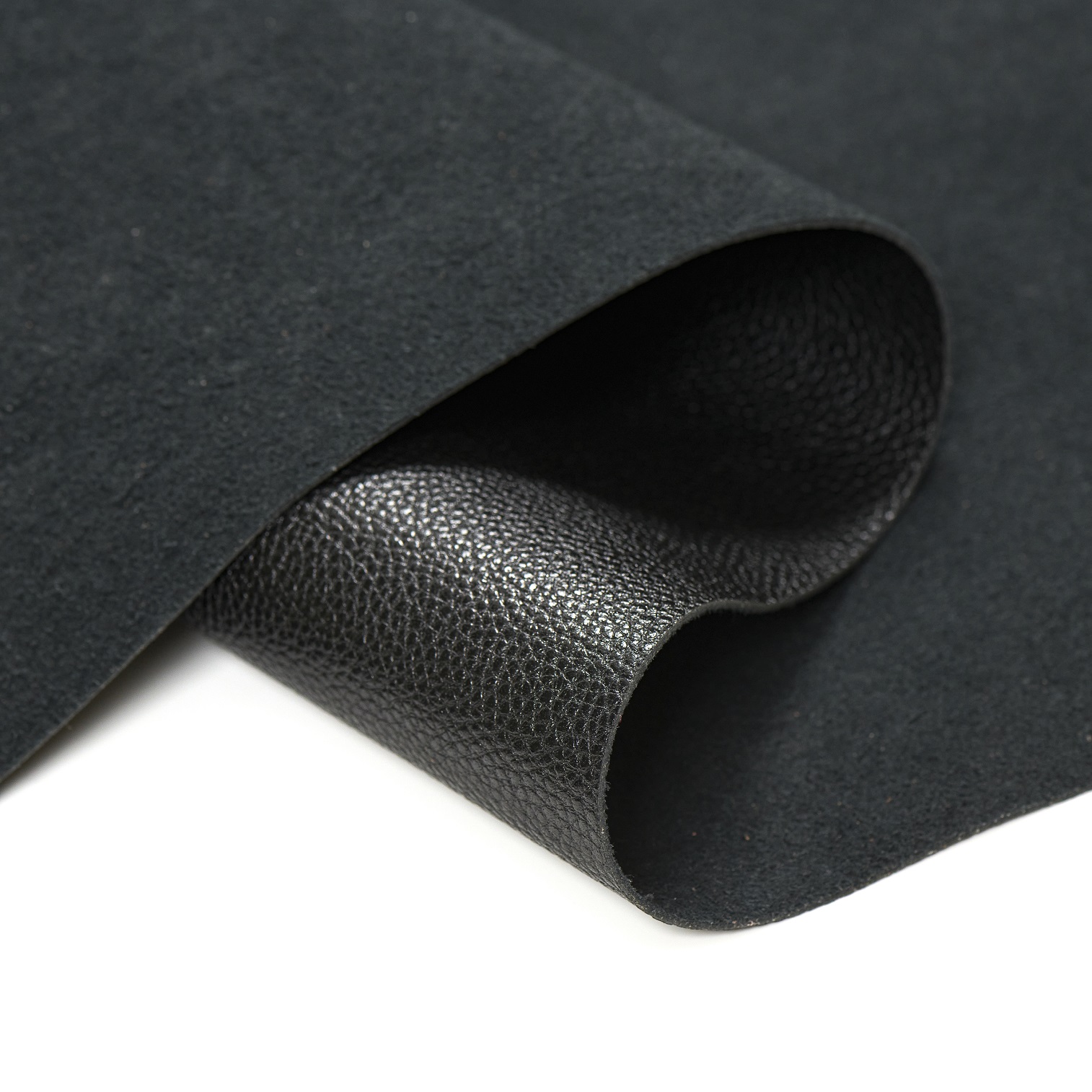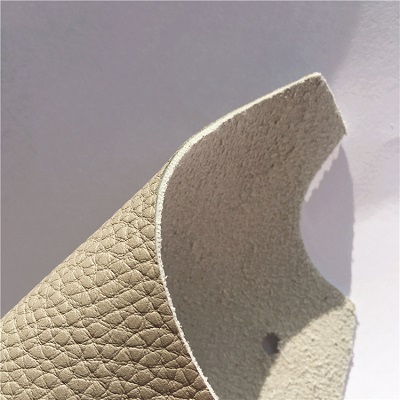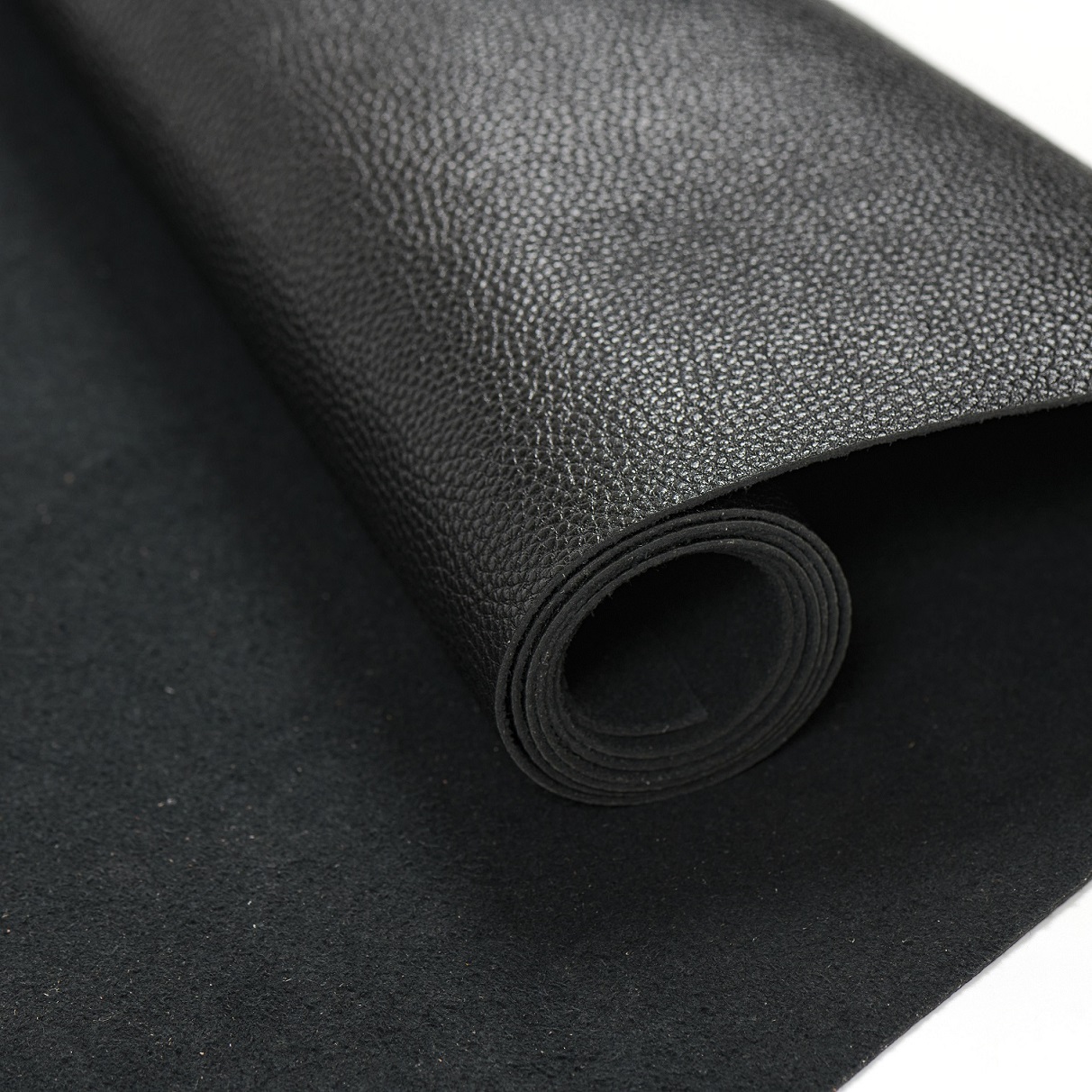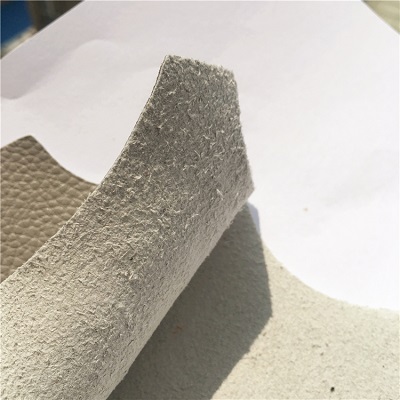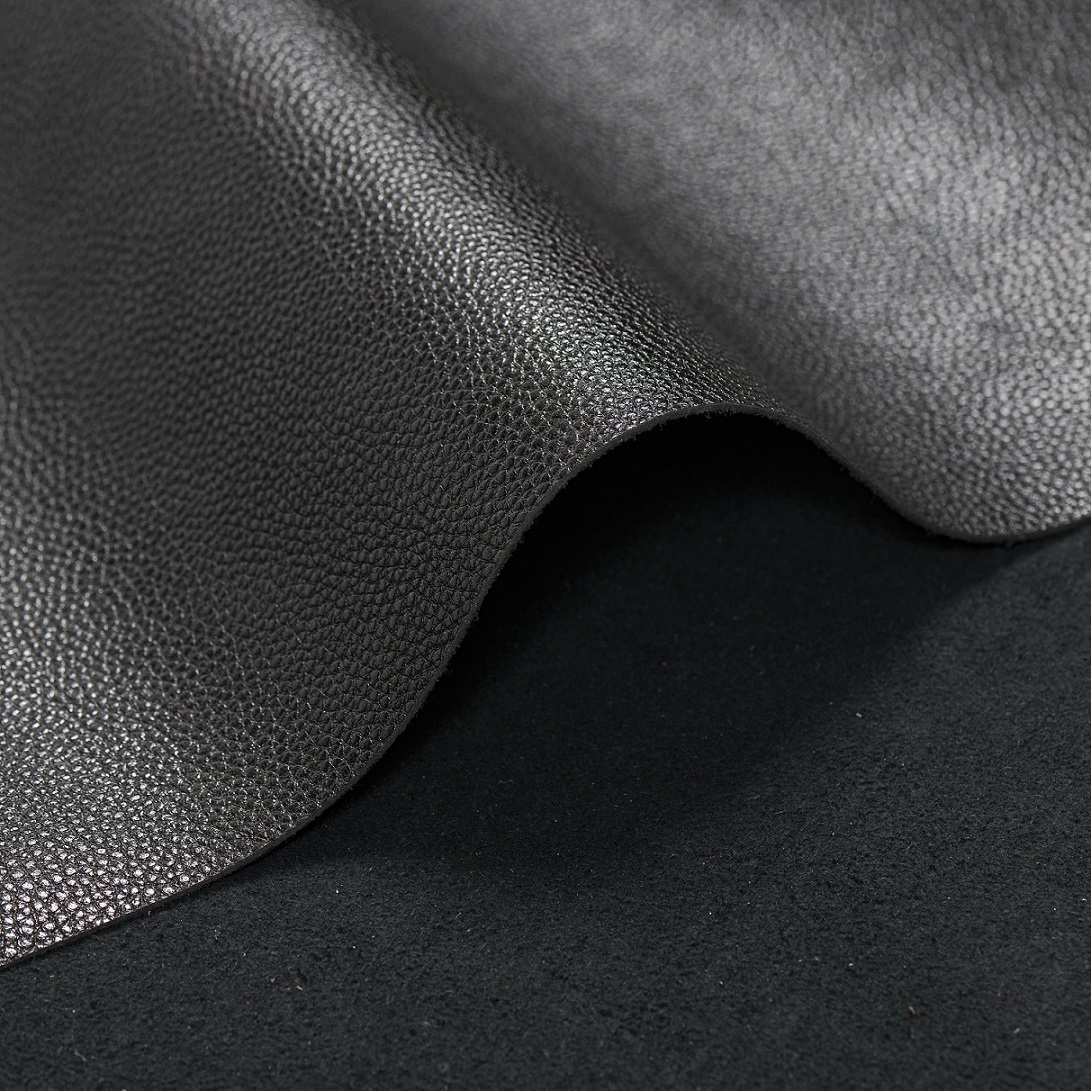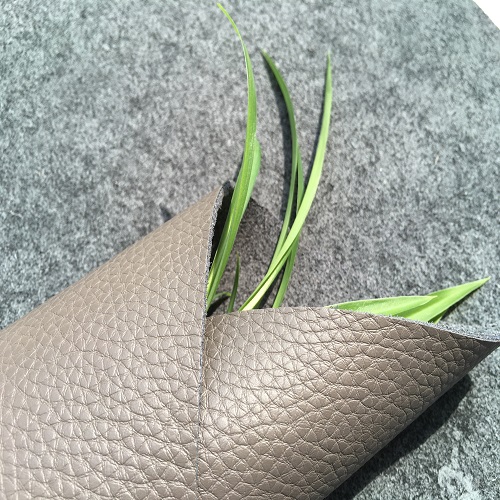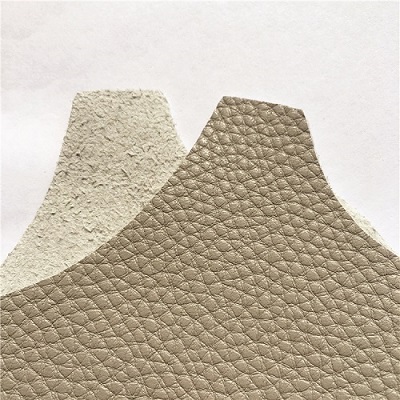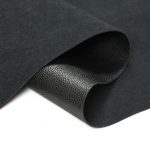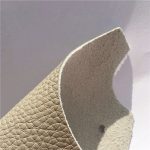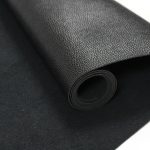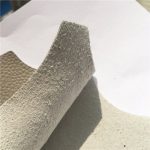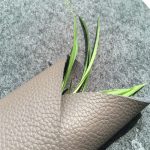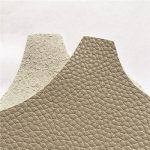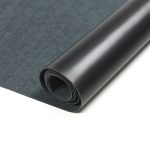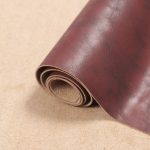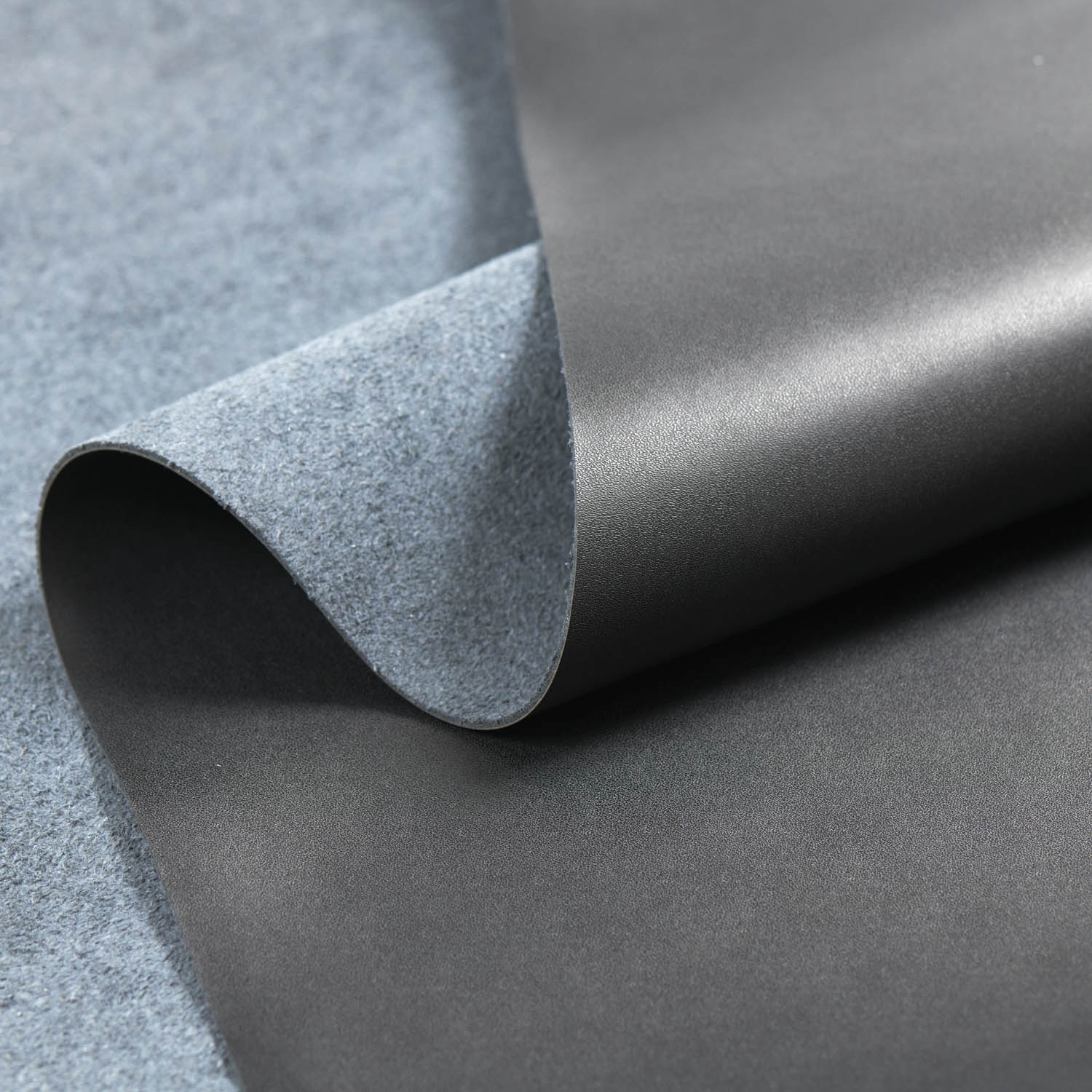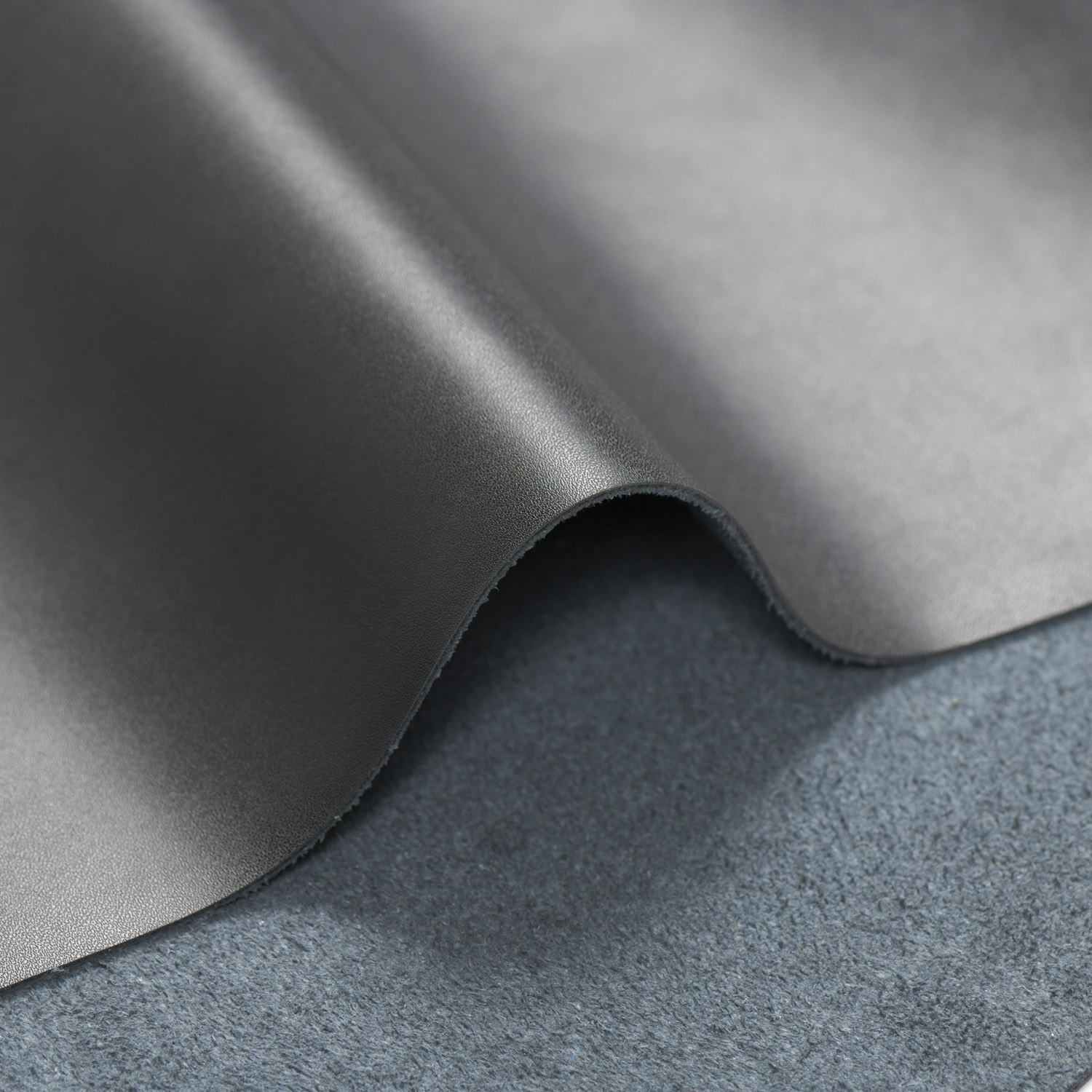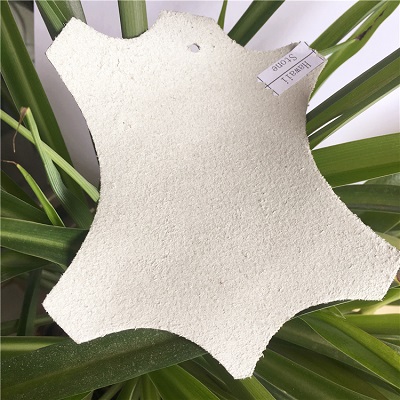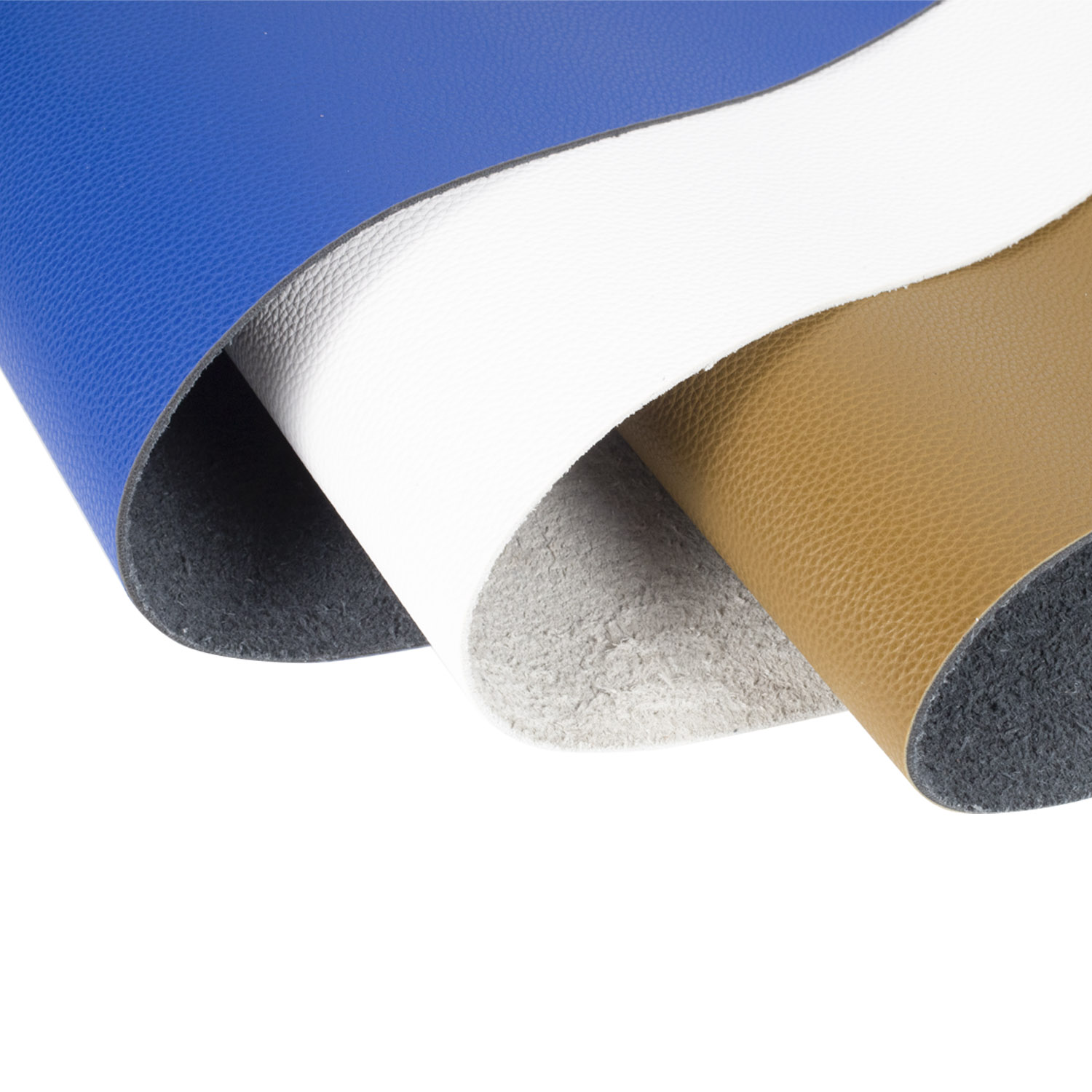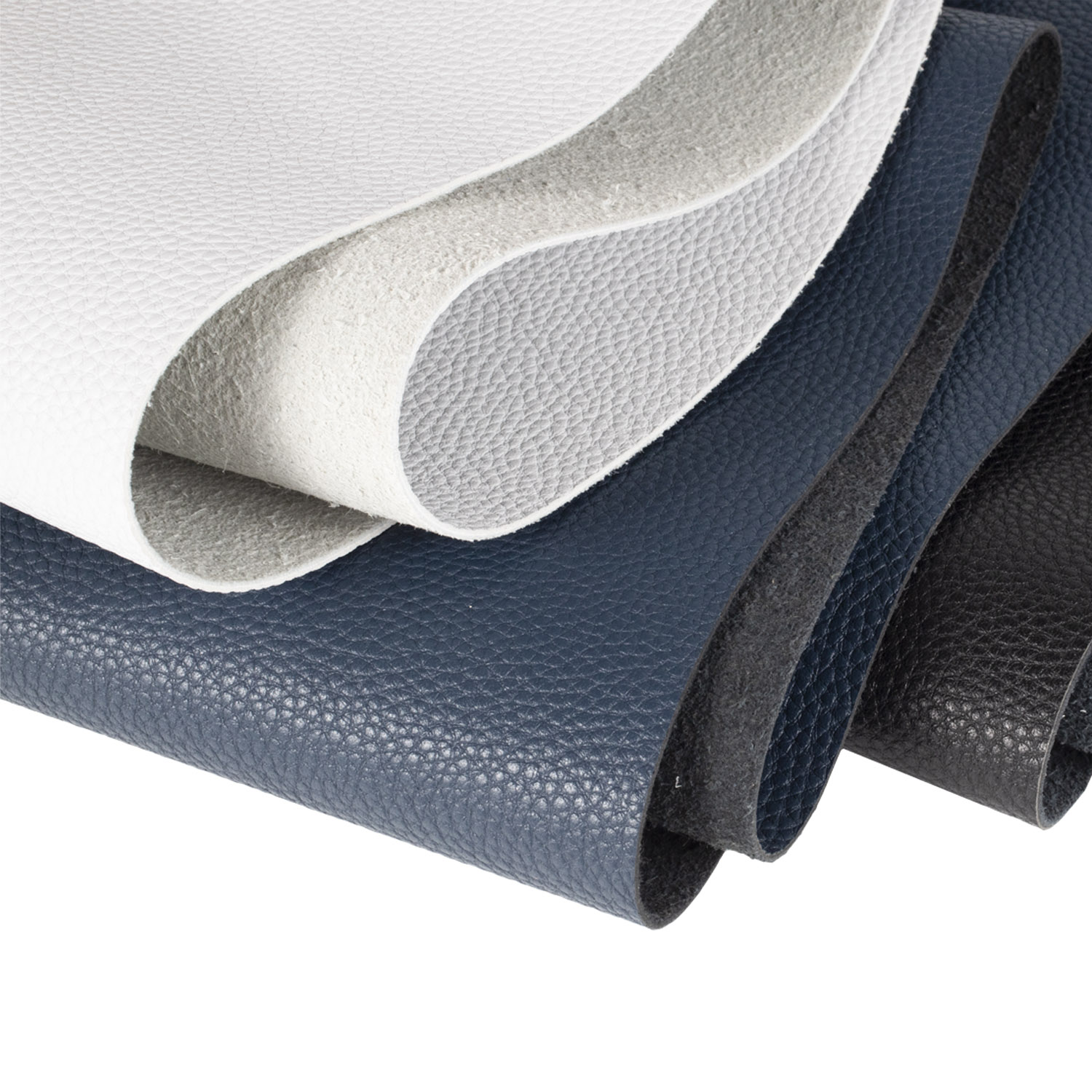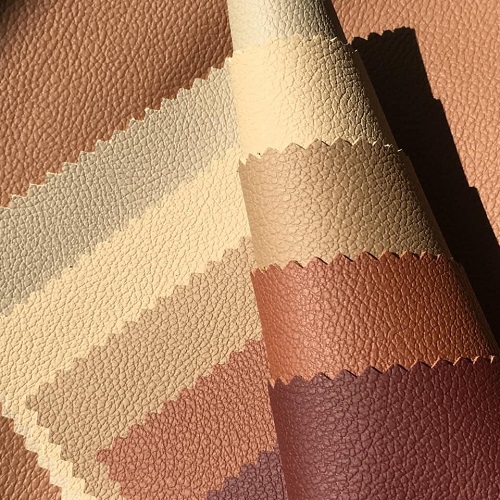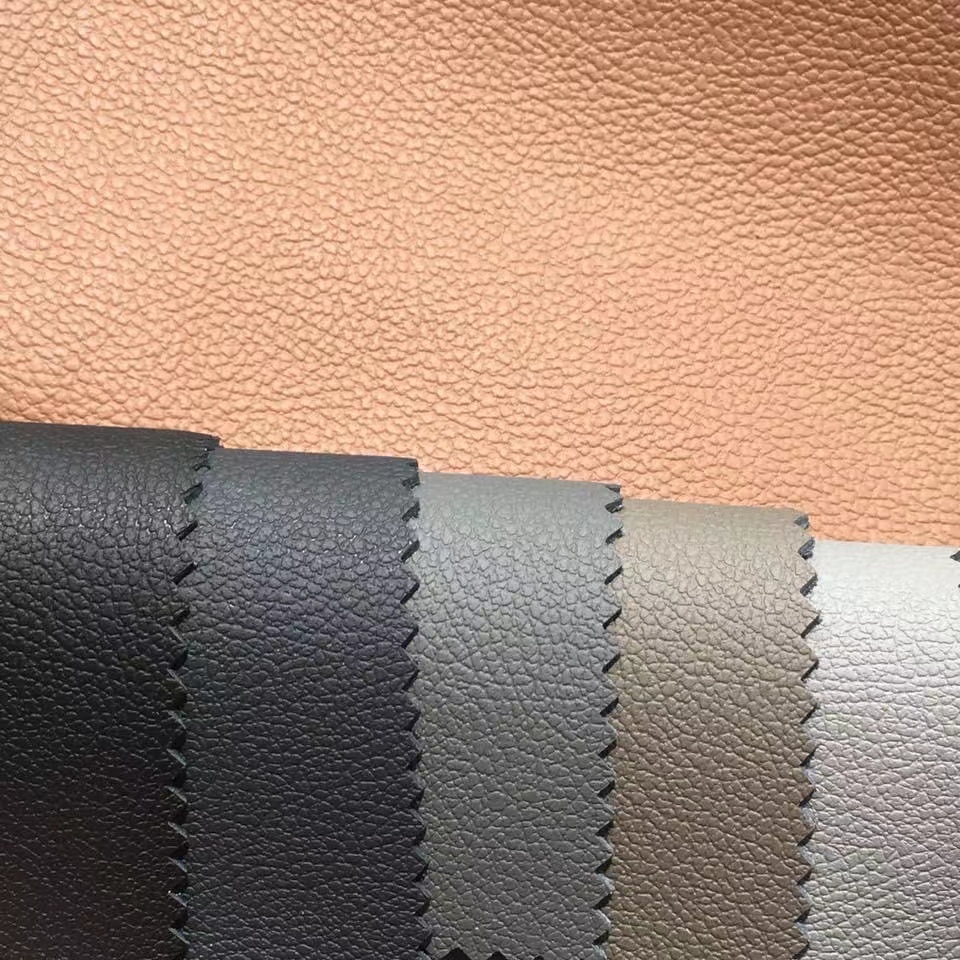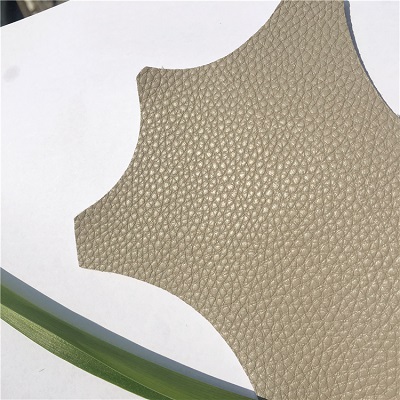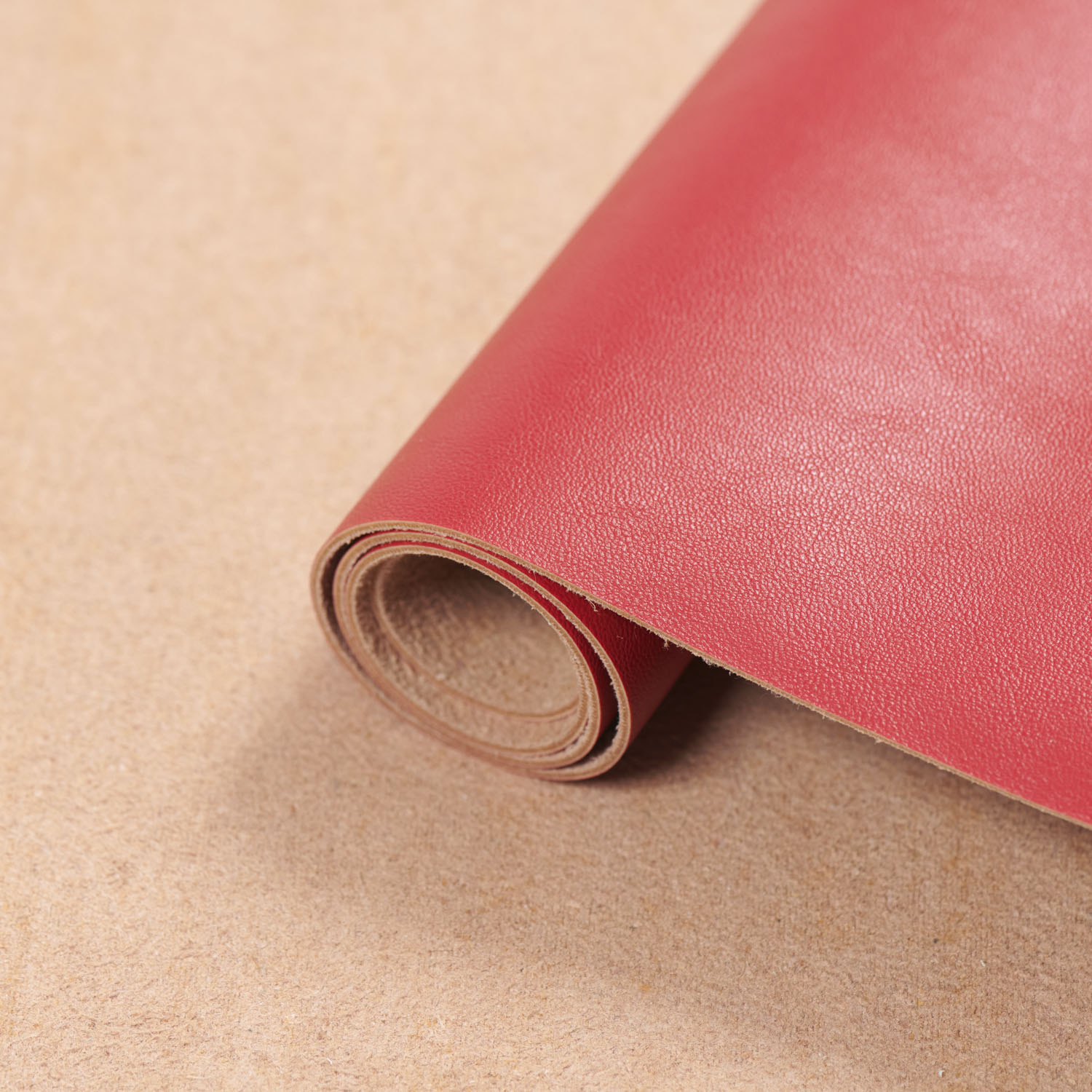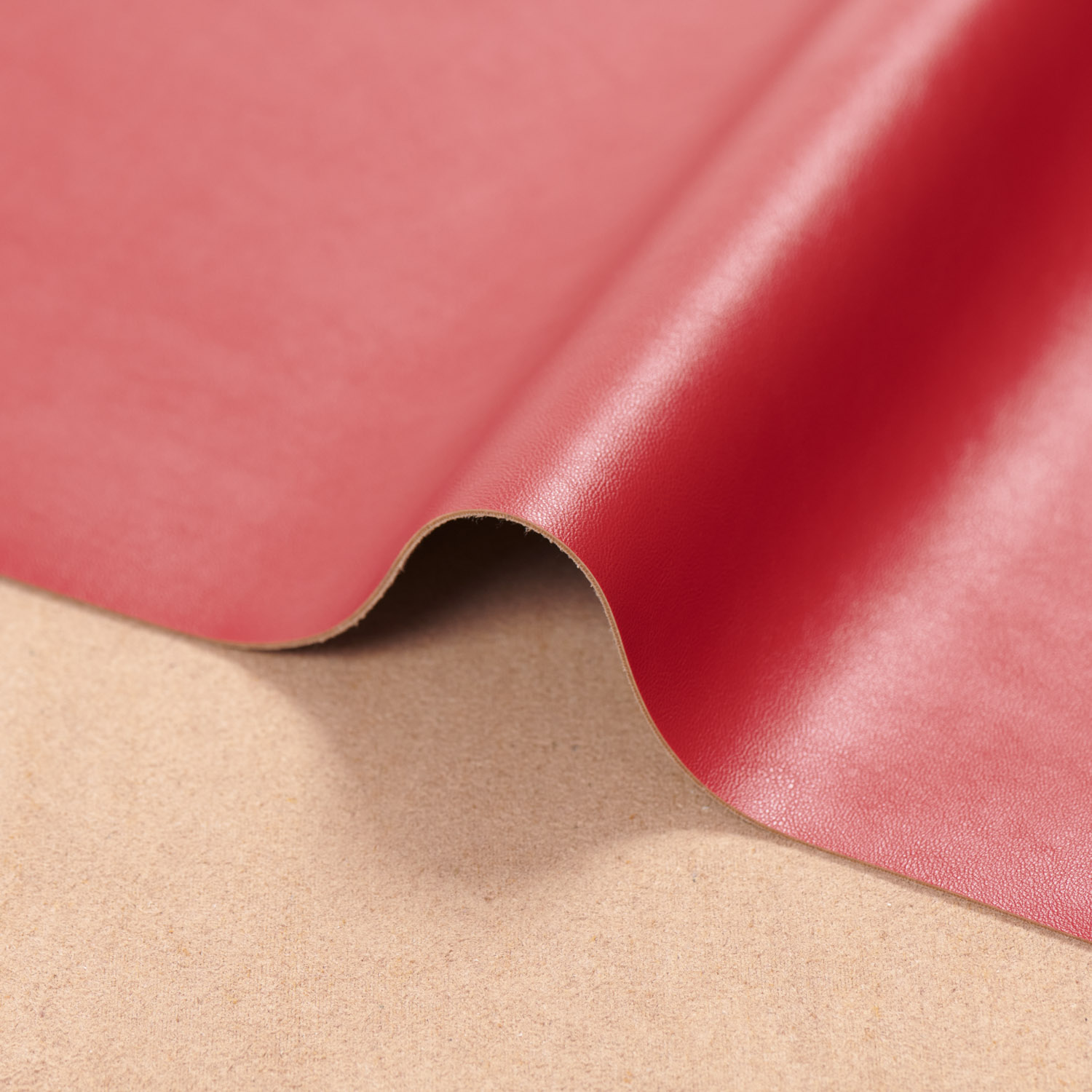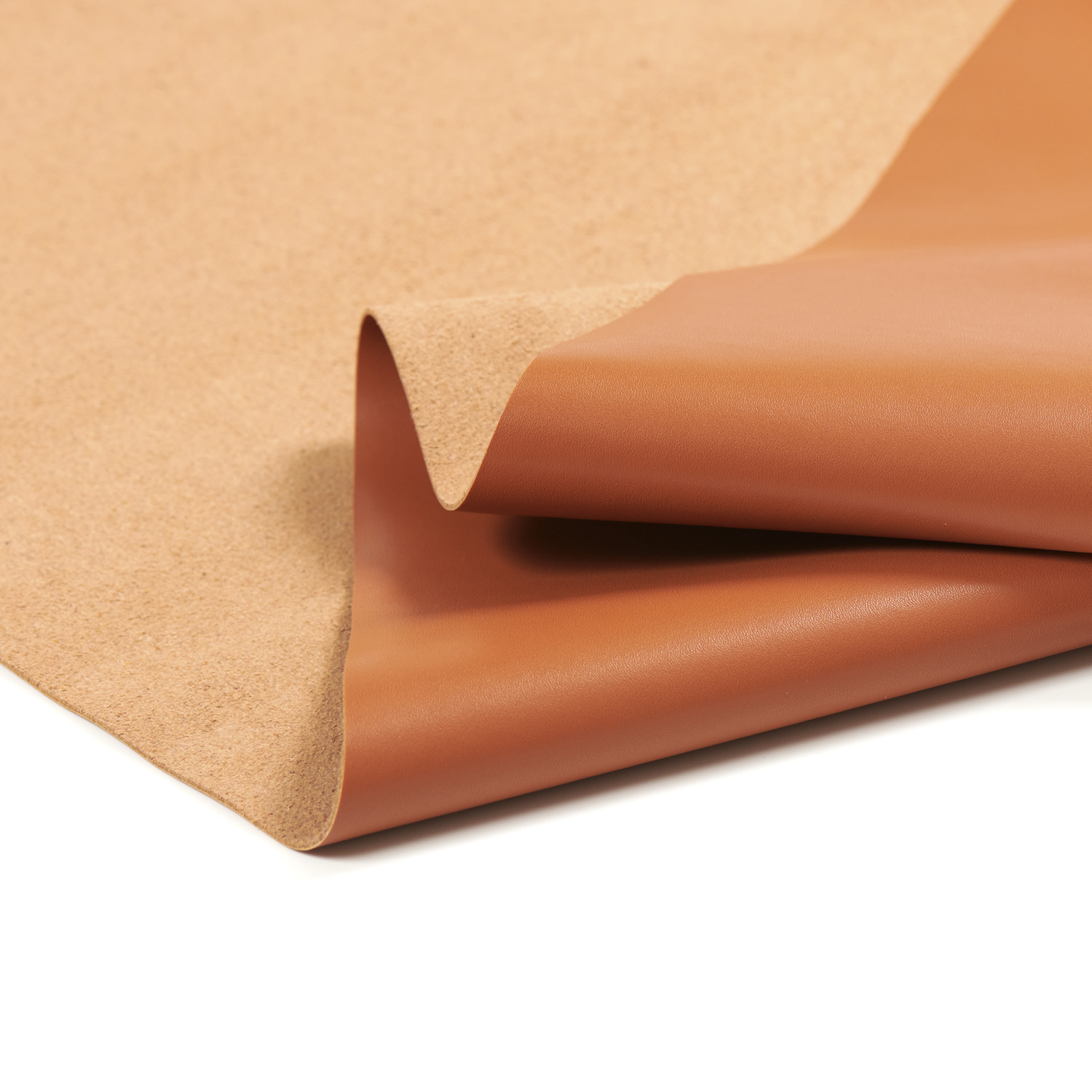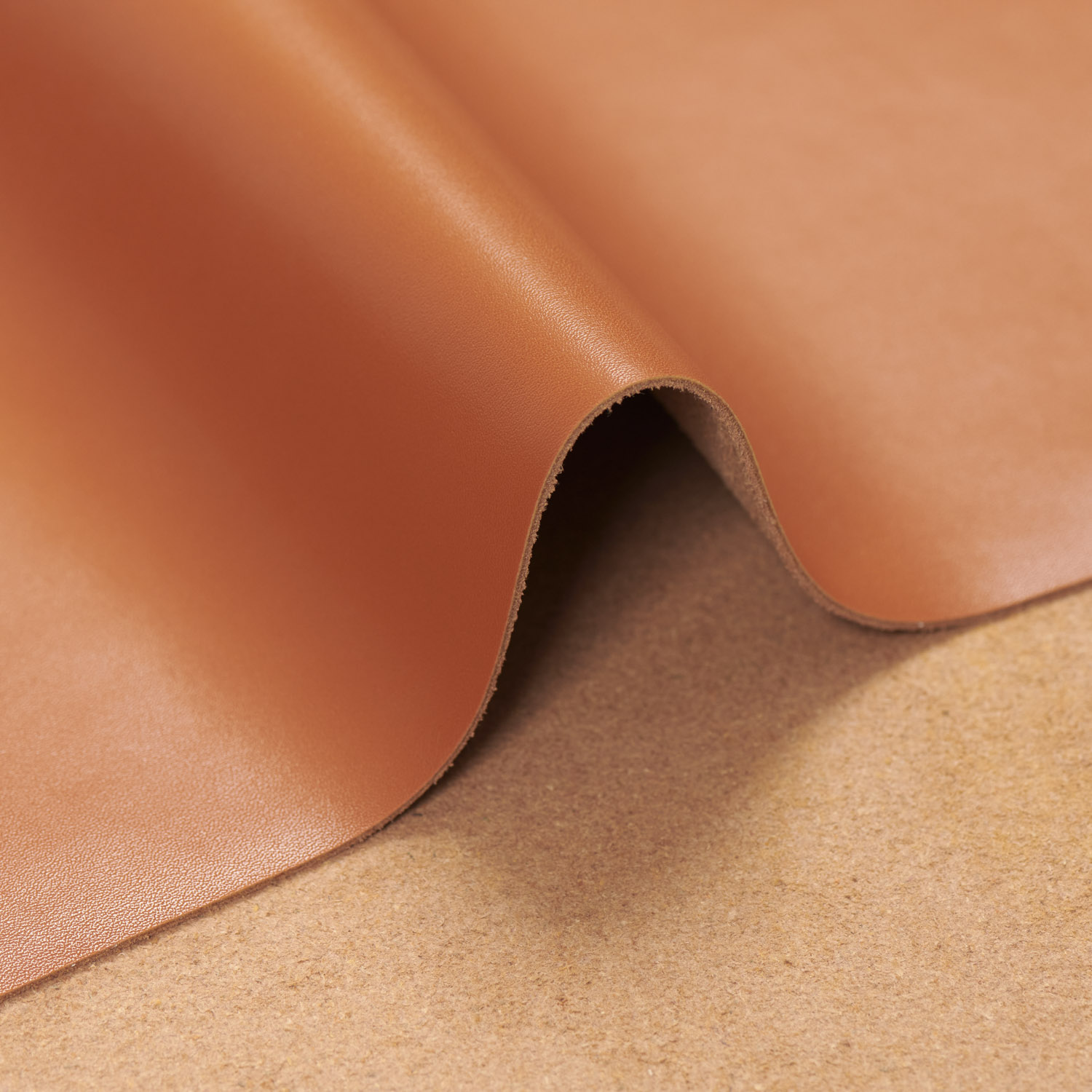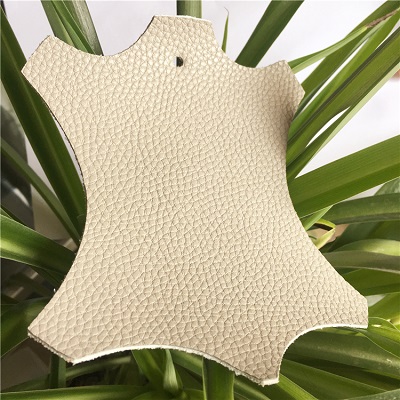Recycled leather made from leather scraps and plastic bottles
The best alternative to traditional leather
Name:Recycled Leather Thickness: 1.2-1.4mm Leather wide: 1.37meters Leather length: about 25meters each roll MOQ:300 meters each color/design . Color:Stone Texture:Hawaii stone
- Description
- Furniture sofa leather made with natural leather fibres and water power
- Recycled Leather with natural leather fibers, water power and pu coating
Description
RECYCLED LEATHER
What is recycled leather ?
It`s unique patented process employs high-pressure water jets to force the recycled leather fibres through an integral textile reinforcement core. It`s a process that has major environmental advantages over conventional bonded leather, as it uses no chemicals (no adhesives, no resins ).Its process is a continuous closed-looped system with 95% of water recycled. It is a clean technology product using sustainable natural leather fibers and 100% zero carbon electricity in its production process.
How It`s Made ?

Step 1: The Base Materials of ELFA leather is leather shavings and trimmings.
Step 2: Leather shavings and trimmings undergo a fiberisation process which shreds and upgrades them into fine usable fibres .
Step 3: Leather fibers are formed into two layers on both sides of a micro textile core.They are fastened with high pressure water jets rather than chemical adhesives.
Step 4: After color impergnation ,a pu finish coats the leather and a release paper template gives the surface a leather effect grain.
Step 5: After final inspection and quality assurance it is ready to be rolled . On a roll the leather is more functional to use and will produce less cuttings and wastages in the further use .
Production Process
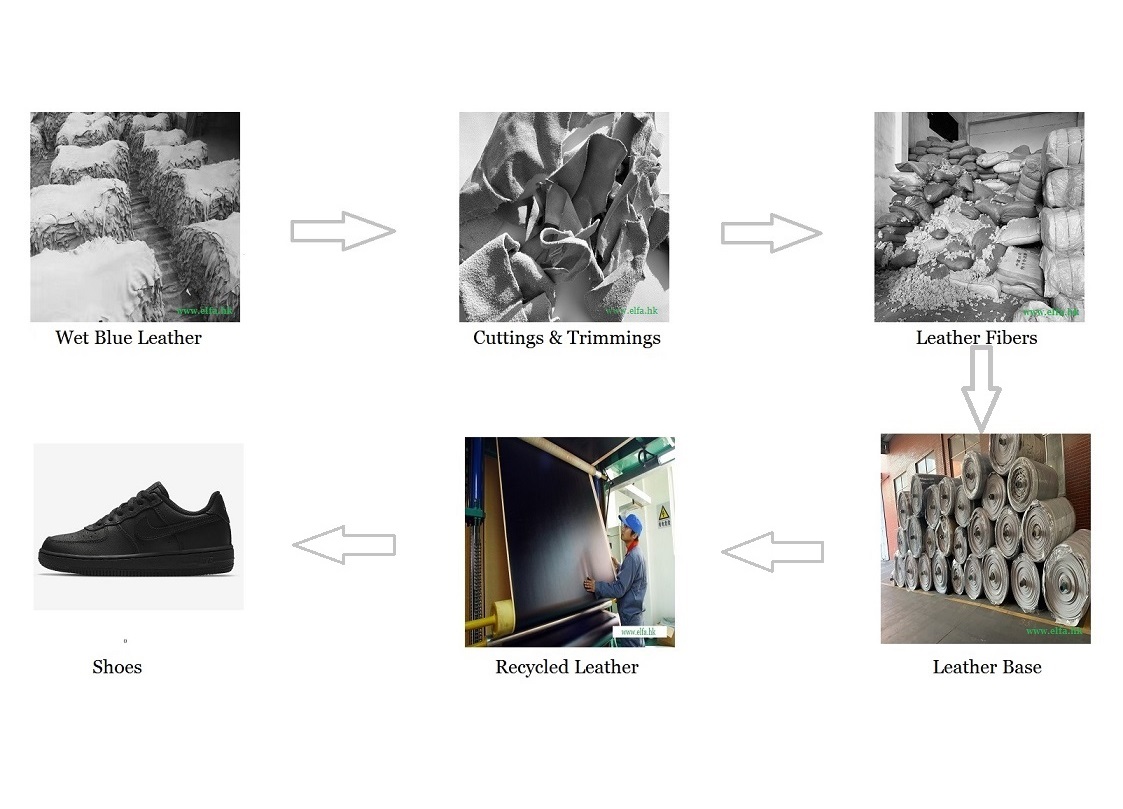
The Best Alternative To Traditional Leather(recycled leather)
Traditional leather is being rivalled by manmade alternatives. The latest in this new generation is recycled leather.
Made from discarded ‘wet blue’ leather off-cuts that normally end up in landfill, recycled leather saves needless waste. Plus it’s available to cut from the roll. So Unlike leather hides there’s minimal wastage and, of course, lower material costs. Not all recycled leathers are the same…
Recycled leather comes in numerous forms. Most rely on adhesives and resins to bond the leather fibres together to form the material. However, recycled leather from ELFA leather is different. The ELFA leather patented process uses no chemicals and resins whatsoever but just water alone. With its strong eco credentials, high performance and low cutting wastage, recycled leather from ELFA leather enterprise is fast becoming the material of choice for the footwear, leather goods, upholstery and transport sectors.
Why use recycled leather as an alternative to traditional leather?
Recycled leather has all the natural benefits of traditional leather plus it is more eco-friendly, saves wastage, is lighter (for less fuel consumption), more durable, both cheaper and easier to keep clean and can be relied on for consistency of colour and texture. For Example as below :
Recycled Leather VS Traditional Leather Hides
| Recycled Leather |
| |
| Less wastage,more cost effective Cut from rolls 1400mm wide.Length is long | Leather hides(at widest point): 914.4mmLength:2286mm | |
| Resistant to cracking,tearing and puncturingIts unique core reinforment textile provides high performance,improving its quality and feel. | Can be prone to cracking ,tearing and puncturing, especially split leather | |
| More durable – Scuff and scratch resistant thanks to an easy to keep clean pu coating. | Prone to scuffs and scratches.
| |
| Up to 50% lighter – Helping transport Companies save on fuel consumption and reduce their carbon footprint. | Weight disadvantage, particularly to transportation applications. | |
| Uniform texture – Made from leather fibers and given an artificial pattern for a consistent Flawless finish and feel.
| Inconsistent texture – Made from hides which can be looser and more stretchable in the Belly and flank areas and relatively tight Across the backbone. | |
| Uniform shade – Made from leather fibers pigmented for a consistent flawless color.
| Inconsistent Shade – Each hide is different and has a unique grain texture.This results in the dyes and finishes penetrating the grain in Varying degrees. | |
| More flexible and easier to sew. | Can be fairly rigid limiting applications | |
| Wipe clean with a damp cloth – No chemical cleaners or costly cleaning maintenance Needed to continually look good. | Cleaning detergents and leather restorative products needed as well as the associated time and costs. | |
| Recycled Leather is a better value alternative to traditional leather
| Leather is expensive,pricing itself out of Large-scale upholstery applications in Particular. |
Why Recycled leather can be better than traditional leather?
Recycled leather outperforms traditional leather in several key areas.
Price
Compared with Traditional Leather hides , price is more competitive .
Environmentally friendly
Made from discarded wet blue leather off-cuts that normally end up in landfill ,together with high pressure water jets to force the natural leather fibers through an integral textile reinformancement core.It is a clean eco-friendly material ,no chemicals (no adhesives ,no resins), what`s more ,to reduce the pollution of wet blue leather hides` cuttings and trimmings to environment.
Higher Cutting Yield
More cost efficient for many applications, cut from a roll not from hides for less wastage and reduced costs ( Recycled leather is supplied in rolls resulting in only 5% cutting wastage compared to up to 40% wastage for leather hides .)
Safety Fire Proof standards
Excellent flame retardancy endorsed by British and European fire and safety standards.
Better for product consistency
Manufactured from leather fibres so unlike leather hides has no natural defects and results in minimal batch-to-batch variation for a flawless finish.
Customisable design options
Bespoke colours are available plus various grains and the ability to emboss with company or brand logos.
Significant fuel savings
Up to 50% lighter than traditional leather, recycled leather is critical in helping transport applications to lower emissions, fuel consumption and reduce their carbon footprint.
Reduces landfill costs
Less wastage reduces landfill levies
High durability
Recycled leather`s reinforced textile core enables the leather to resist tearing and gives it greater elasticity. Ideal for heavy use applications from passenger seating to handbags and wallets.
Easy care
Simply wipes clean with a dampened cloth, thereby avoiding the need for costly cleaning products and maintenance.
Protect Animals
To reduce the killing of animals ,conforming to the policy of Animal Protection Countries and Organization.
Recycled Leather Experts
Made from recycled leather off-cuts, it`s the best performing, eco-friendly and economical alternative to leather on the market today. And unsurprisingly, its use is widespread and growing. Driving its worldwide success is pioneer and leading expert in the field ELFA leather.
ELFA LEATHER HAS WORLDWIDE ACCLAIM
The company operates from its production plant in Wuxi CN, where it exports its Products to Asia, United States, Europe, Taiwan, India, and internationally.Leading international brands and companies use recycled leather from ELFA Leather .
Its groundbreaking recycled leather alternative has already found its way into the interior upholstery of major airline fleets, and many bus and coach operators. The unique material has been adopted by leading retail brands for footwear, as well as establishing itself as the eco-friendly material of choice for leather goods and both domestic and commercial upholstery.
ELFA Leather ECOLOGICALLY SOUND clean tech manufactureEvery part of ELFA Leather`s production is set out to minimise resources. From sustainable sourcing through to closed loop manufacturing and waste reduction during cut and sew operations.
ELFA Leather`s unique patented process employs high-pressure water jets to force the recycled leather fibres through an integral textile reinforcement core.It`s a process that has major environmental advantages over conventional bonded leather, as it uses no chemicals. Its process is a continuous closed-looped system with 95% of water recycled.
ELFA Leather is available to cut from a roll 1.4m wide (55″), significantly saving on wastage compared to hides. With its automated stack cutting ELFA Leather also provides faster processing with up to 90% cutting yields. ELFA Leather allows for bespoke production. Its methods are able to be adapted to the specific performance requirements of each industry sector and the precise user application: whether it is hand sewing by highly skilled operatives, computer controlled multi-layer cutting or highly automated manufacture.
Leather and the Environment
Waste not, want not
The leather industry as a whole is responsible for generating huge amounts of waste as a by-product of its production. Take a tonne weight of hide, for instance, used to produce traditional leather.One ton generates up to 255kg of finished, tanned leather but almost three-quarters of a tonne is classed as waste. Meanwhile, harmful oil-based chemicals are used in the creation of bonded leather. However there is a corner of the industry that is geared to forging a more ecologically responsible method of leather production at every stage.
Recycled leather:
Saving waste and resources every step of the way
A leading supplier of recycled leather, ELFA Leather , has pioneered an environmentally friendly leather fibre material that has already made its way into many everyday products and applications, from airline seats to shoes. It takes off-cuts, shavings and trimmings, which are usually discarded by tanneries and would otherwise go to landfill, and recycles them to make its composition leather, ELFA Leather.
No chemicals needed
Another crucial difference between these methods and those employed by manufacturers of conventional bonded leather is that no chemicals are used whatsoever in the process of bonding the leather fibres together to form a sheet of material. Just use water alone.
Using a high-pressure water jet process has major environmental advantages. The supplier`s carbon footprint is dramatically reduced as a result because there are no oil-based adhesives present in the process. ELFA Leather, for instance, produces no harmful wastewaters in the manufacture of its composition leather. Their process is a continuous closed-looped system, with 95% of all water produced used in production being recycled.
Saving energy
In addition, product emissions at the ELFA Leather,plant in the form of solvents are thermally oxidated and the energy generated fed back into the manufacturing process. Its thermal oxidiser has cut natural gas use by between 50-70%.What all of this means for many leading companies is that the production methods of composition leather manufacturers such as ELFA Leather are able to be perfectly aligned with their own eco initiatives in cutting waste and reducing their carbon footprint.
Summary of composition leather’s eco advantages
Up to 50% less CO2 emissions
Up to 95% recycled water in process
Up to 50%-70% natural gas usage
Less landfill
No adhesives in textile core
Cuts waste Highly durable Uniform finish Easy care Extensive design options Environmentally friendly

